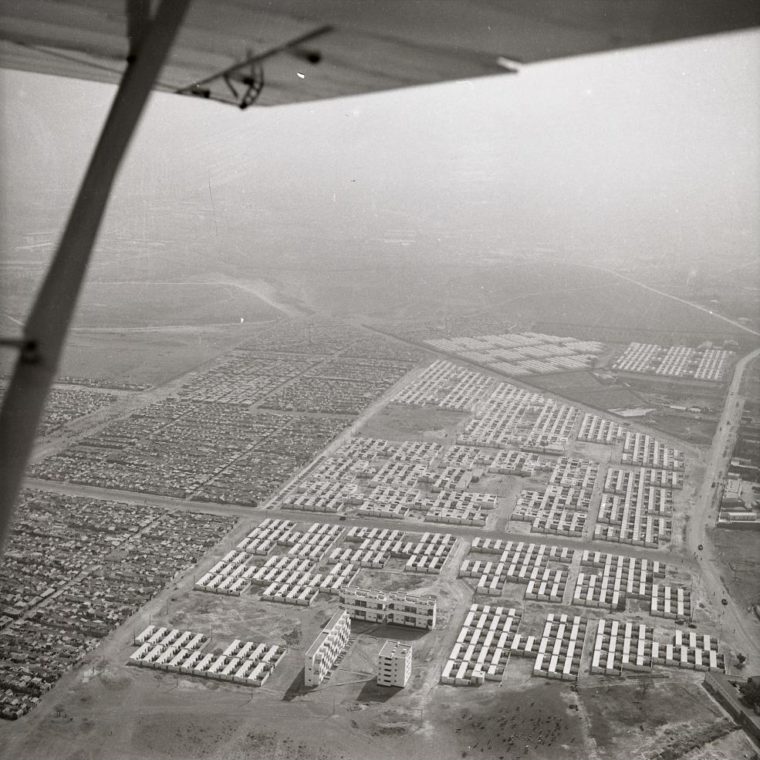The biography of Michel Ecochard (1905–1985) reads like a fascinating saga of migrations between geographies, cultures, and disciplines. Ecochard was not only trained in the fields of archaeology, architecture, and urbanism but, throughout his career, also worked in all of these fields. Mapping historical monuments in Syria, defining urban development plans for several metropolises in Africa, or designing refugee housing in Karachi were all part of his scope of professional activities.
The most remarkable feature of Ecochard’s work is its productive intertextuality: perspectives, concepts, and instruments continually shift between the professional knowledge and cultures of archaeology, architecture, and urbanism in order to devise innovative analytical approaches as well as innovative strategies of intervention.
These new analytical and projective methods did not remain merely theoretical ventures. On the contrary: throughout most of his career, Ecochard worked under the highly charged conditions of decolonizing territories or young nation states, which were in search of new models of development and original urban identities. Especially in Africa and the Middle East, Ecochard contributed to an alternative conception of architectural design and urban planning. In a period of cold-war politics, he seemed to offer a different approach to the built environment that did not comply to either Western or Eastern models, but instead suggested a third way from, and in, the Global South.
